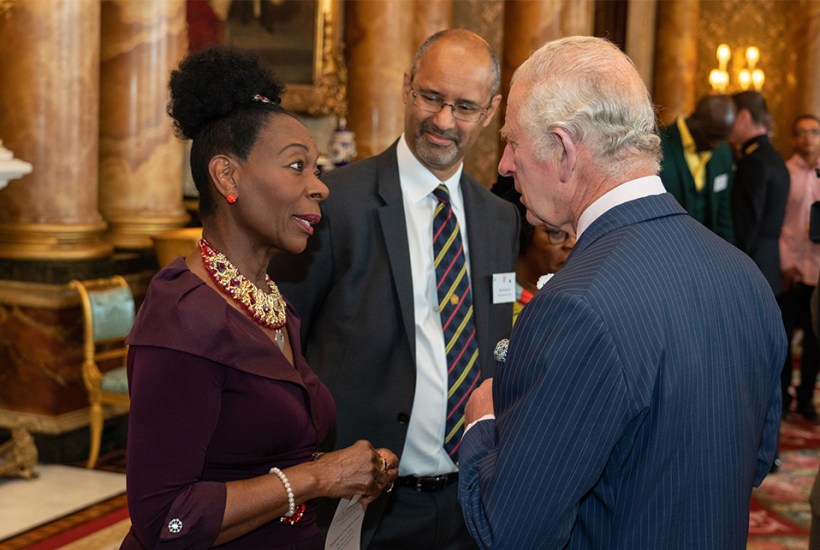Baroness Benjamin has suggested that King Charles’s choice of her to join the coronation procession demonstrates that he is in favour of ‘diversity and inclusion’. What would the ancients have made of that, let alone of ‘equality’ and ‘identity’?
‘Equality’ had little purchase. Politically, male citizens had a vote in democratic Athens and (of sorts) in republican Rome. Otherwise there were human experiences of ‘levelling’ or ‘belonging’ in e.g. the battle-line, at childbirth, at the games, religious festivals and initiations.
For the rest, it is important to understand that the ancient world was an unforgiving place and took no prisoners. The ‘normal’ family attempted to survive on the strength of its own efforts to protect and tend its resources (in most cases its farm), produce fit young men to farm and fight, fertile girls to bear children, and elders to pass on their experience to the young. There was no room for anyone who could not pull their weight (the old were usually dead by 50). Only results counted.
Paradoxically, the slave trade demonstrated just how ‘diverse and inclusive’ the ancient world was. Slaves from all over most of the known world, from craftsman to wet nurses, from accountants to teachers, were eagerly sought. Serve your master well and you could become a Roman citizen. Romans admired Germanic soldiers – the more they could lure into their army the better – as they did Greek medical, academic and artistic skills. Greeks keenly offered their services. No one needed a state injunction to seek out the best for the job.
And ‘identity’? For the ancients your identity emerged from your ability to deliver results by serving the needs of society or, if from a famous family, living up to it. In other words, the value that society placed upon you, not the value that you placed on yourself, was what earned you an ‘identity’, or rather ‘respect’.
Ancients, then, would look to Baroness Benjamin’s admirable achievements, not the views she assigns to King Charles, to amply justify her role in the coronation. So should we.
Got something to add? Join the discussion and comment below.
Get 10 issues for just $10
Subscribe to The Spectator Australia today for the next 10 magazine issues, plus full online access, for just $10.
You might disagree with half of it, but you’ll enjoy reading all of it. Try your first month for free, then just $2 a week for the remainder of your first year.








Comments
Don't miss out
Join the conversation with other Spectator Australia readers. Subscribe to leave a comment.
SUBSCRIBEAlready a subscriber? Log in